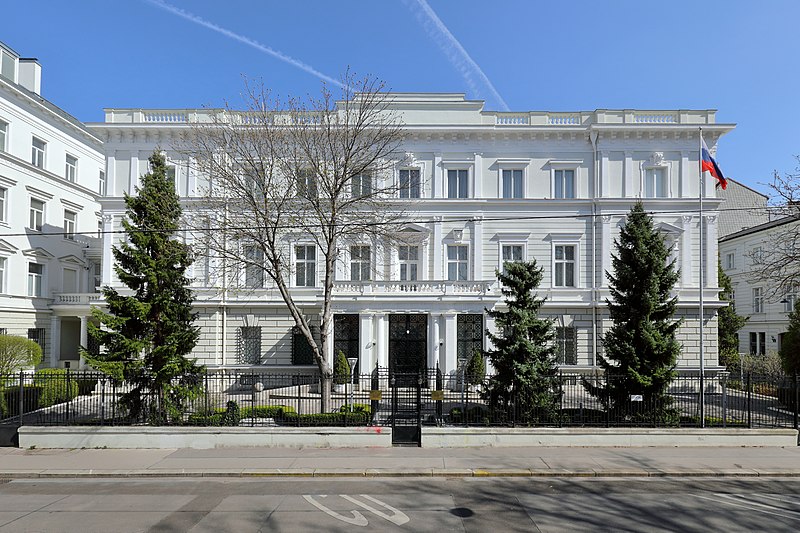Sponsored Content
Espionage in Vienna: Russian Spy Exposed
A Greek citizen of Russian descent allegedly spied on state secrets for Russia in Vienna. The Office for the Protection of the Constitution unmasked the 39-year-old son of a former diplomat as a Russian spy. During the house search, the police also found listening devices, as well as other compromising materials.
 The spy allegedly obtained information on foreign policy, overall social as well as the security situation in Vienna, and passed it on to Russia's embassy. / Picture: © Wikimedia Commons / C.Stadler/Bwag / CC BY-SA 4.0 (https://creativecommons.org/licenses/by-sa/4.0)
The spy allegedly obtained information on foreign policy, overall social as well as the security situation in Vienna, and passed it on to Russia's embassy. / Picture: © Wikimedia Commons / C.Stadler/Bwag / CC BY-SA 4.0 (https://creativecommons.org/licenses/by-sa/4.0)
The suspect allegedly worked as a spy for Russian military intelligence GRU, according to the Interior Ministry (BMI). The suspect is at large, but further dispositions have been ordered by the judiciary.
According to the State Protection and Intelligence Directorate (DSN), the suspect is the son of a former Russian intelligence agent who was stationed as a diplomat in Germany…
or Log In
Fast News Search





